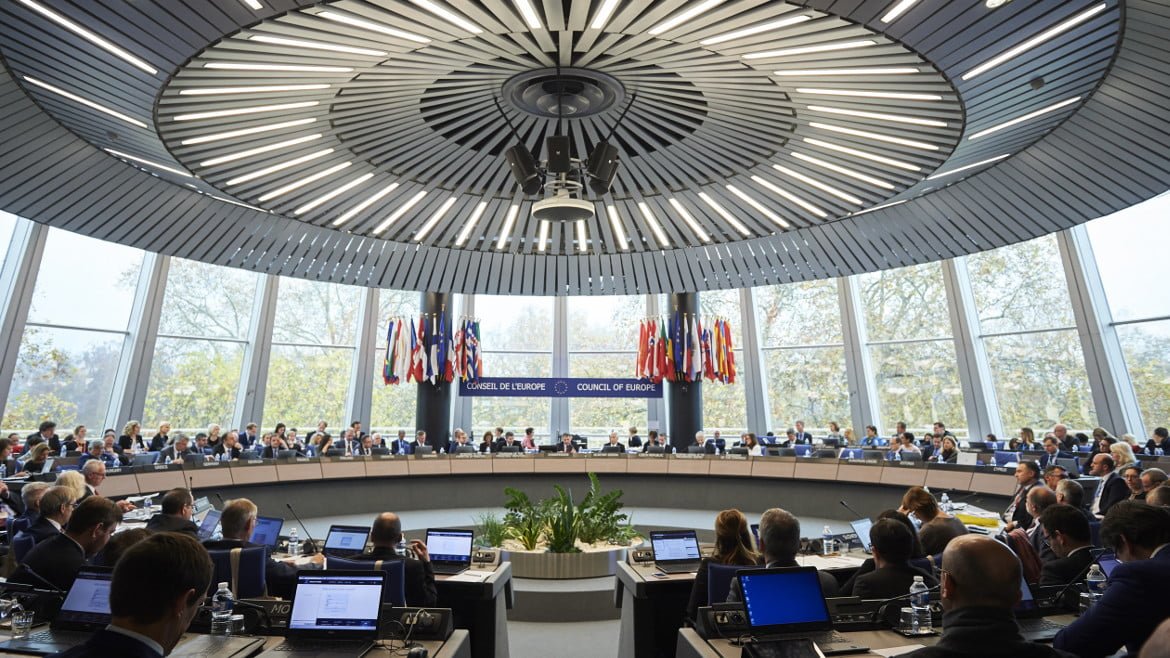
CoE Issues Report on Conflict in Georgia
During the 1329th meeting of the Ministers’ Deputies on November 14, the Secretary General of the Council of Europe Thorbjorn Jagland presented his 18th consolidated report on the conflict in Georgia, which covers the period from April 18 – September 2018 and takes stock of the security and human rights situation in Abkhazia and Tskhinvali Region/South Ossetia.
The CoE Secretary General said in the report that “despite repeated efforts, the Secretariat was not given the authorization to visit Abkhazia and South Ossetia for the purpose of this consolidated report.” As a result, the Secretariat “had no opportunity to assess the human rights situation on the ground.”
Consequently, the information presented in the document is based on previous consolidated reports, as well as the CoE Secretariat delegation’s discussions with the Georgian authorities and the Public Defender, and the representatives of international organizations and local NGOs working on conflict resolution and reconciliation.
The security situation on the ground, the document said, was assessed by the participants of the Geneva International Discussions (GID) “as relatively calm and stable.”
The report, however, noted that following adoption of the Otkhozoria-Tatunashvili blacklist by the Government of Georgia, the recent meetings of the Incident Prevention and Response Mechanism (IPRM) in both Gali and Ergneti “have been disrupted and are facing uncertainty.”
The Secretary General also noted that the Government “remains generally supportive to actions and steps that are beneficial to direct contacts with the populations in Abkhazia and South Ossetia,” with its new peace initiative setting out “concrete proposals in this regard.”
Abkhazia
In Abkhazia, “the overall security situation on the ground was reported to be assessed as relatively stable and calm,” but the political situation “remained volatile.”
The SG noted that although the reporting period “was marked by a reduced pace of the so-called ‘borderization’ measures,” various interlocutors, including from civil society, expressed concerns that the process “significantly interferes with the movement of the local population and has pushed further away communities on the two sides of the conflict divide.”
The document also reported that “ethnic Georgian population in Abkhazia continued to face a complex and uncertain situation regarding their basic documentation.” According to the report, the designation as “foreign” in new the so-called residence permits, “seems to represent a major impediment for many to apply and enhances the sense of isolation of the local population.”
The document touches upon the issue of teaching of/in the Georgian language, saying its gradual prohibition “continued to give rise to serious concerns and affect the quality of education.”
Tskhinvali region/South Ossetia
The Secretary General noted in the report, citing international montors, that the general security situation was “relatively stable.”
The reporting period, however, “was regrettably marked” by further activities of “borderization,” which “interfered with freedom of movement, the socio-economic situation and security perceptions of the population” residing in and around the region.
The SG touched upon the issue of identity documents for ethnic Georgians remaining in Tskhinvali region. The report said “access to documentation overall has remained problematic
pending the ongoing controversial debate over the status of the ethnic Georgian population in Akhalgori.”
Welcome @coe SG’s 18th consolidated report on the conflict in #Georgia. Grateful to the #EU for vocal support for the independence, sovereignty and territorial integrity of #Georgia and its commitment to support peace building and conflict resolution in #GEO?? pic.twitter.com/VBBLmk4VWD
— MFA of Georgia (@MFAgovge) November 15, 2018
In a statement on November 15, Georgian Foreign Minister Davit Zalkaliani welcomed the Secretary General’s 18th consolidated report, as well as the supportive statements of the European Union, GUAM and other partners made at the meeting of the Ministers’ Deputies on November 14.
This post is also available in: ქართული Русский